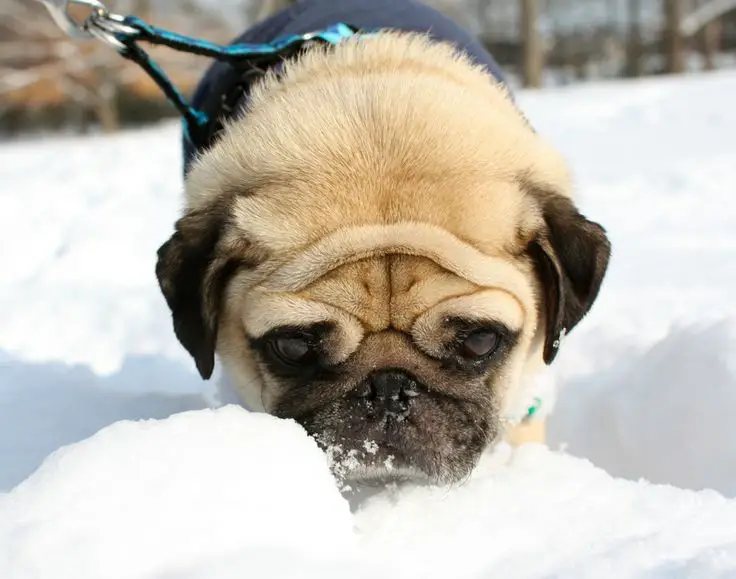Proper nutrition is the key to a happy and healthy pug. These charming little dogs have specific dietary needs that, when met, contribute to their overall well-being. Whether you’re a new pug owner or looking to fine-tune your furry friend’s diet, here’s a guide to pug dietary recommendations and feeding schedules.
- Choose High-Quality Dog Food:
Pugs are prone to obesity, so it’s crucial to provide them with a well-balanced and nutritious diet. Opt for high-quality commercial dog food that is specifically formulated for small breeds or all life stages. Look for ingredients like real meat, whole grains, and essential vitamins and minerals. Avoid foods with excessive fillers and artificial additives.
- Watch the Portion Sizes:
Due to their small size, pugs don’t require large portions of food. Measure your pug’s meals to prevent overfeeding and monitor their weight. Your veterinarian can provide guidance on the appropriate portion sizes based on your pug’s age, weight, and activity level. Avoid giving in to those adorable begging eyes, as overfeeding can lead to obesity and related health issues.
- Feeding Frequency:
Puppies have different nutritional needs than adult pugs. Pug puppies generally require more frequent meals to support their growth and energy levels. Feed them three to four times a day until they are around six months old. Adult pugs can transition to two meals per day, providing a consistent feeding schedule that aligns with their routine.
- Mind the Treats:
Pugs love treats, and they can be a useful tool for training and bonding. However, it’s essential to be mindful of the quantity and quality of treats. Opt for small, low-calorie treats and limit their intake to avoid excess calorie consumption. Consider incorporating healthy snacks like carrot sticks or apple slices into their treat rotation.
- Hydration is Key:
Ensure your pug has access to fresh and clean water at all times. Proper hydration is vital for their overall health and helps prevent urinary issues. Keep an eye on their water bowl, especially during hot weather or after vigorous play, to make sure they stay adequately hydrated.
- Special Dietary Considerations:
Some pugs may have specific dietary requirements or allergies. If you suspect your pug has food sensitivities or if they require a special diet due to health concerns, consult with your veterinarian. They can recommend specialized dog food or supplements to meet your pug’s unique needs.
Conclusion:
Maintaining a healthy and balanced diet for your pug is an investment in their long-term well-being. By choosing the right food, monitoring portion sizes, and establishing a consistent feeding schedule, you’ll be providing your pug with the nutrition they need to thrive. Remember, a well-fed pug is a happy and content companion for life.


Leave a Comment